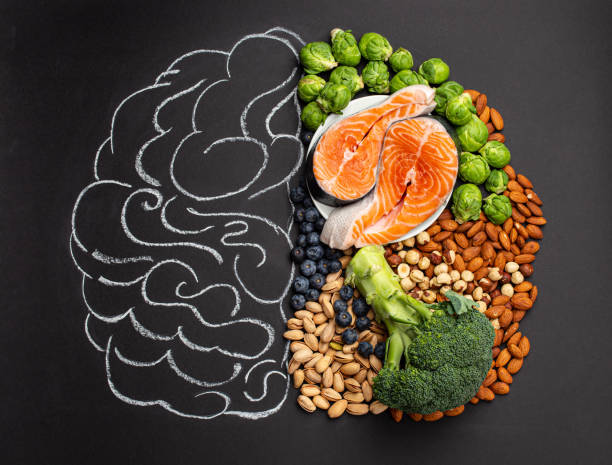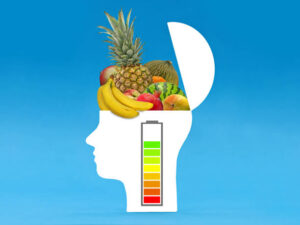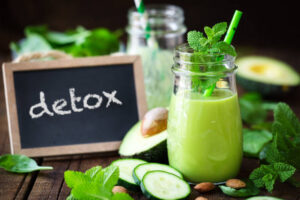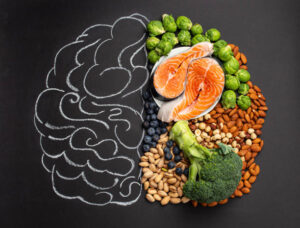Mental health and nutrition are more connected than you might think. While therapy, counseling, and medication are essential for managing mental health issues like anxiety or clinical depression, your diet plays a crucial role too.
In addition to its many benefits, a plant-based diet is gaining recognition for its potential to boost mental well-being. This article explores how a vegan lifestyle can complement mental health services, reduce signs of depression, and support emotional resilience.
The Science Behind Vegan Diets and Mental Health
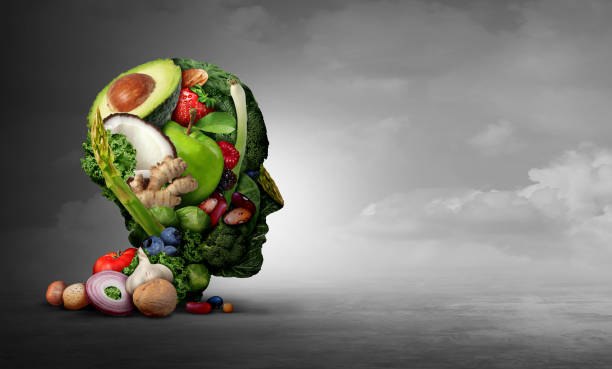
How Diet Affects Mental Well-being
What you eat directly influences your brain. Nutrients fuel brain function, regulate mood and support cognitive health. A vegan diet, rich in plant-based nutrients, provides antioxidants, fiber, and essential vitamins that reduce inflammation—a key factor in mental health disorders like depression and anxiety.
Plant-Based Diets and Stress Reduction
Did you know that plant-based diets are linked to lower cortisol, the stress hormone? A study published in Nutrients found that people on plant-based diets reported better emotional stability and lower anxiety. This dietary approach not only supports your physical health but can also work hand-in-hand with better help therapy and mental health counseling.
Nutrients in a Vegan Diet That Support Mental Health
Omega-3 Fatty Acids for Brain Health
While fish is a well-known source of omega-3s, vegans can find these essential fats in chia seeds, flaxseeds, and walnuts. Omega-3s are vital for brain function and may reduce the risk of clinical depression. Adding these to your daily meals is an easy way to support mental health.
B Vitamins and Emotional Balance
B vitamins, especially B6 and B12, are crucial for producing serotonin, the “feel-good” neurotransmitter. While B12 supplements are vital for vegans, B6 can be found in bananas, chickpeas, and potatoes. Including these in your plant-based diet can significantly reduce signs of depression.
Magnesium: The Stress-Relief Mineral
Magnesium-rich foods like spinach, almonds, and dark chocolate can help alleviate anxiety. Incorporating these into vegan recipes adds flavor and mental health benefits to your meals.
Real-Life Impact: My Personal Journey
When I switched to a vegan diet five years ago, I was battling persistent anxiety. While attending regular sessions with a mental health counselor, I decided to overhaul my diet. I started experimenting with vegan recipes with leafy greens, legumes, and nuts. Within weeks, I noticed a positive shift. My mind felt clearer, my energy levels stabilized, and even my counselor remarked on the progress I was making.
This isn’t to say a vegan diet is a cure-all. Mental health services like better help therapy and counseling remain essential, but diet can be a powerful tool in your mental health toolkit.
How a Vegan Diet Reduces Signs of Depression and Anxiety
Reducing Inflammation
Inflammation in the brain is linked to depression and anxiety. A plant-based diet, rich in antioxidants from fruits and vegetables, combats this inflammation, creating a healthier environment for your brain.
Stabilizing Blood Sugar Levels
Fluctuating blood sugar can worsen anxiety and mood swings. Foods like whole grains, legumes, and seeds stabilize blood sugar, reducing the risk of emotional lows associated with clinical depression.
Boosting Gut Health
Your gut and brain are closely connected. A vegan diet, abundant in fiber, promotes a healthy gut microbiome, which in turn produces mood-enhancing neurotransmitters like serotonin. According to a study by the American Journal of Psychiatry, a healthier gut can significantly reduce signs of depression.
Practical Tips for Starting a Vegan Diet
1. Start Small
Begin by incorporating more plant-based meals into your week. Try simple vegan recipes like lentil soup or veggie stir-fry.
2. Balance Your Plate
Ensure your meals include whole grains, legumes, vegetables, and healthy fats. This balance supports both physical and mental health.
3. Seek Guidance
If unsure where to start, consult a dietitian or join a vegan community online. Pairing this with advice from a mental health counselor can make the transition smoother.
Combining Veganism with Mental Health Services
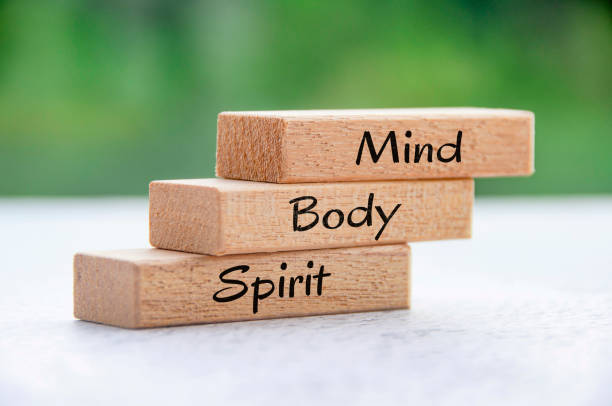
Switching to a vegan diet doesn’t mean you need to give up traditional mental health treatments like therapy or counseling. A vegan diet can work with these services to support your overall well-being. Platforms like BetterHelp Therapy provide convenient online mental health services that make it easy to access professional help while making dietary changes.
For those just starting their plant-based journey, check out How to Go Vegan: A Comprehensive Guide for Beginners. This guide offers practical steps, tips, and insights to help you transition smoothly into a vegan lifestyle, ensuring you meet all your nutritional needs.
Working with a mental health counselor during this process can also be incredibly helpful. They can assist you in navigating emotional challenges or feelings of overwhelm as you adjust to new habits. Combining the benefits of a plant-based diet with professional mental health services creates a holistic approach that addresses both the root causes and symptoms of mental health conditions like anxiety and clinical depression.
FAQs: Vegan Diet and Mental Health
1. Can a vegan diet cure depression?
No, a vegan diet is not a cure for depression. However, it can reduce signs of depression by providing essential nutrients and improving overall brain health.
2. Do I need supplements on a vegan diet?
Yes, particularly for vitamin B12, omega-3s, and possibly iron. These nutrients are crucial for mental health.
3. Can a vegan diet help with anxiety?
Yes, foods rich in magnesium and antioxidants can ease anxiety. Pairing a plant-based diet with therapy is most effective.
4. Is a vegan diet safe for everyone?
With proper planning, a vegan diet is safe for most people. However, individuals with specific health conditions should consult a healthcare provider.
5. Where can I find vegan recipes for mental health?
Online platforms and blogs like Minimalist Baker offer a variety of vegan recipes rich in brain-boosting nutrients.
Conclusion
A vegan diet offers a wealth of mental health benefits, from reducing signs of depression and anxiety to supporting overall emotional resilience. Combined with mental health services like better help therapy and guidance from a mental health counselor, it creates a powerful, holistic approach to well-being.
Why not give it a try? Experiment with vegan recipes and explore how plant-based living can transform your plate and peace of mind.

